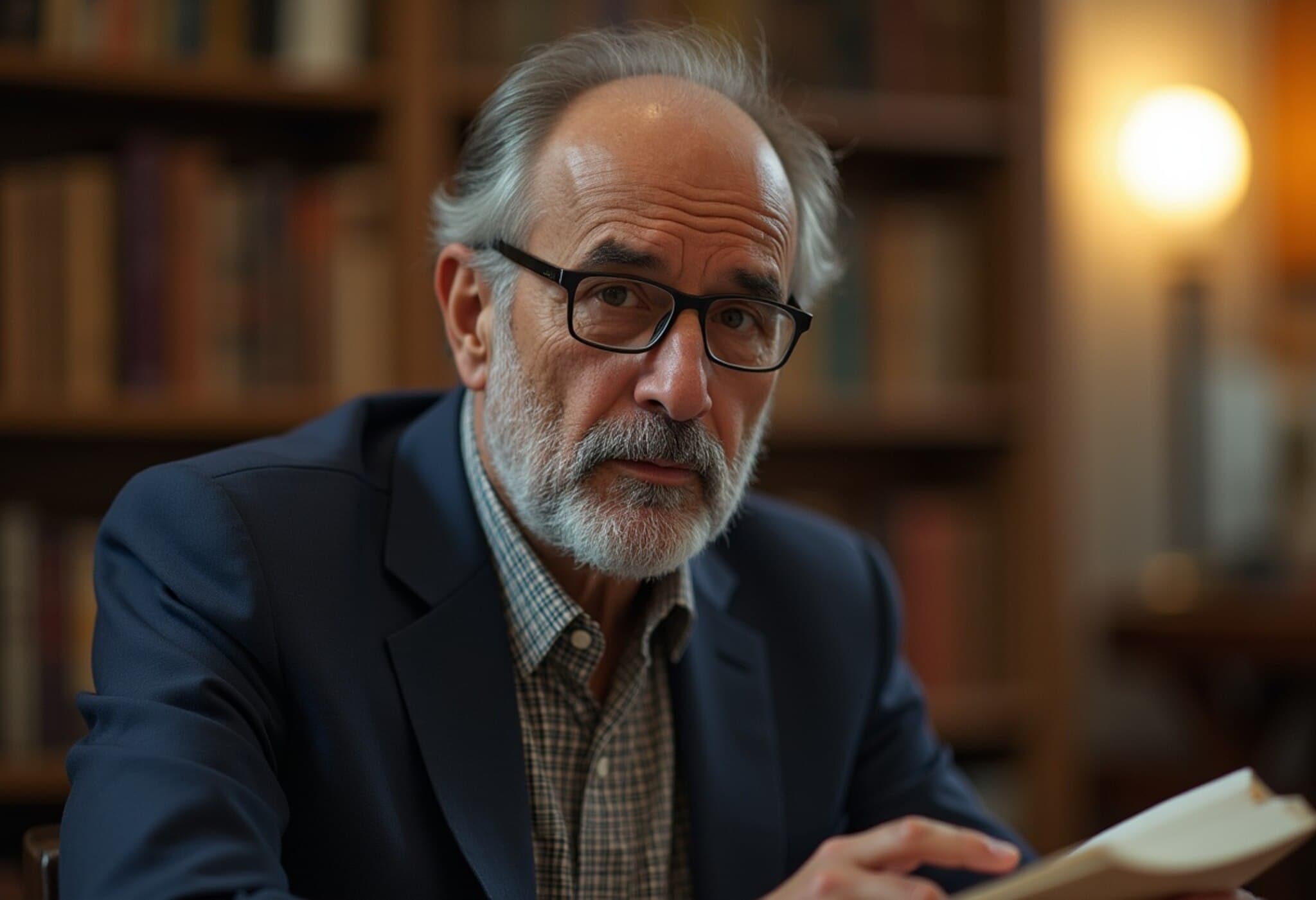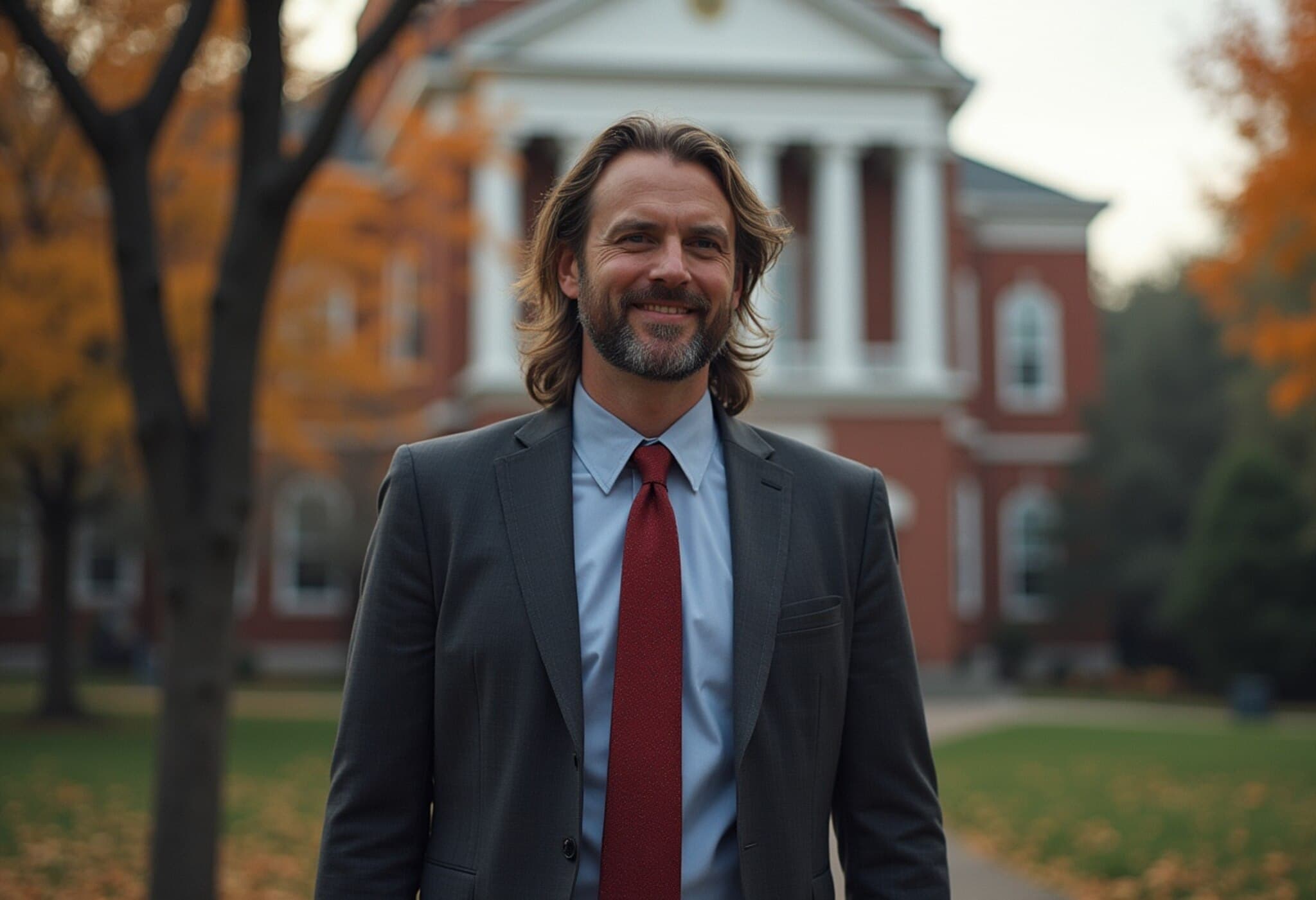Federal Probe Targets George Mason University’s Diversity Policy
The U.S. Department of Education (DOE) has initiated a formal investigation into George Mason University’s (GMU) hiring and promotion practices, marking the second federal inquiry against the Fairfax, Virginia institution within a single month. This latest scrutiny stems from allegations that the university’s policies may unfairly prioritize candidates based on racial or ethnic backgrounds, potentially infringing upon federal civil rights laws.
Background of the Complaint
According to a formal complaint lodged by several GMU faculty members, the university has engaged in giving "preferential treatment" to job applicants from underrepresented groups, allegedly beginning in 2020. This year coincided with the appointment of GMU’s first Black president, Gregory Washington, who introduced numerous initiatives to enhance diversity, equity, and inclusion (DEI) across the campus.
The complainants argue that these initiatives may have compromised merit-based hiring, violating Title VI of the Civil Rights Act of 1964, which prohibits discrimination based on race, color, or national origin in programs receiving federal assistance.
Key Allegations Highlighted by the Department of Education
- Existence of “Equity Advisors” dedicated to ensuring diversity-focused recruitment.
- Operation of a Task Force on Anti-Racism and Inclusive Excellence shaping university practices.
- Reported directives suggesting candidates with sufficient qualifications might be passed over in favor of those who bring racial or ethnic diversity "even if that candidate may not have better credentials."
Implications for Federal Funding and University Reputation
If DOE’s Office for Civil Rights (OCR) determines that GMU violated federal civil rights statutes, the university risks losing crucial federal funding—an outcome that could ripple through academic programs, research grants, and financial aid opportunities.
This investigation situates GMU amid a broader national debate about affirmative action, DEI policies, and the boundaries between fostering inclusion and avoiding reverse discrimination. The case echoes similar federal inquiries targeting other higher education institutions, including the University of Virginia, which recently faced pressure following a DOJ investigation into its own diversity initiatives.
George Mason University’s Response
The university stated it was made aware of the investigation simultaneously with the public. GMU reaffirmed its commitment to comply with all relevant federal and state laws and emphasized ongoing reviews of policy to ensure adherence to executive directives and agency guidelines.
In a previous review earlier this year, President Gregory Washington declared that the university found no evidence of discriminatory hiring practices. However, these new allegations may necessitate a more comprehensive examination.
Contextualizing DEI in American Higher Education
While some universities, such as the University of California, Berkeley, have longstanding traditions of progressive values supporting diverse campus communities, George Mason occupies a somewhat different space. Its law school bears the name of the late conservative Supreme Court Justice Antonin Scalia, reflecting significant political and ideological influence from conservative donors, including foundations linked to Charles Koch, a prominent libertarian benefactor.
This political backdrop adds complexity to the federal investigation, positioning it within a broader cultural and ideological contest over the role of race, equity, and inclusion in American academia.
Expert Perspective: Navigating Legal and Ethical Boundaries
Experts in higher education law note that this probe could set important precedents. “Universities must carefully calibrate their diversity efforts to remain compliant with civil rights laws while fostering inclusive environments,” says Dr. Amanda Keller, a professor of education policy. “The challenge is to avoid both systemic exclusion and accusations of reverse discrimination that could undermine institutional integrity and morale.”
This inquiry by the DOE underscores the increasing legal scrutiny that DEI programs face amid shifting federal policies under successive administrations.
Looking Ahead
The Department of Education’s investigation is ongoing, and findings could have far-reaching consequences for George Mason University and potentially other institutions navigating the delicate balance between equity initiatives and civil rights compliance.
What to Watch
- How GMU will adjust or defend its hiring policies in light of federal scrutiny.
- The broader impact on federal funding for public universities with robust DEI programs.
- Potential legal challenges or policy revisions nationally regarding affirmative action and diversity hiring.
Editor’s Note:
This unfolding investigation sheds light on the nuanced tensions between diversity-driven hiring practices and anti-discrimination laws in higher education. As debates around DEI surge in political and public discourse, it is crucial to consider not only legal frameworks but also the lived experiences of university communities. Will enforcement of civil rights laws lead to fairer campuses, or could it inadvertently hamper efforts toward inclusive excellence? The answer remains complex and evolving.











